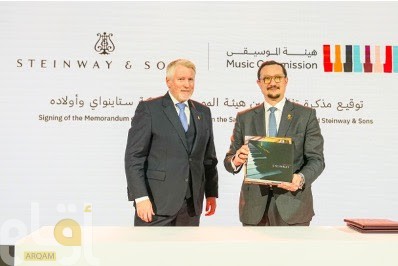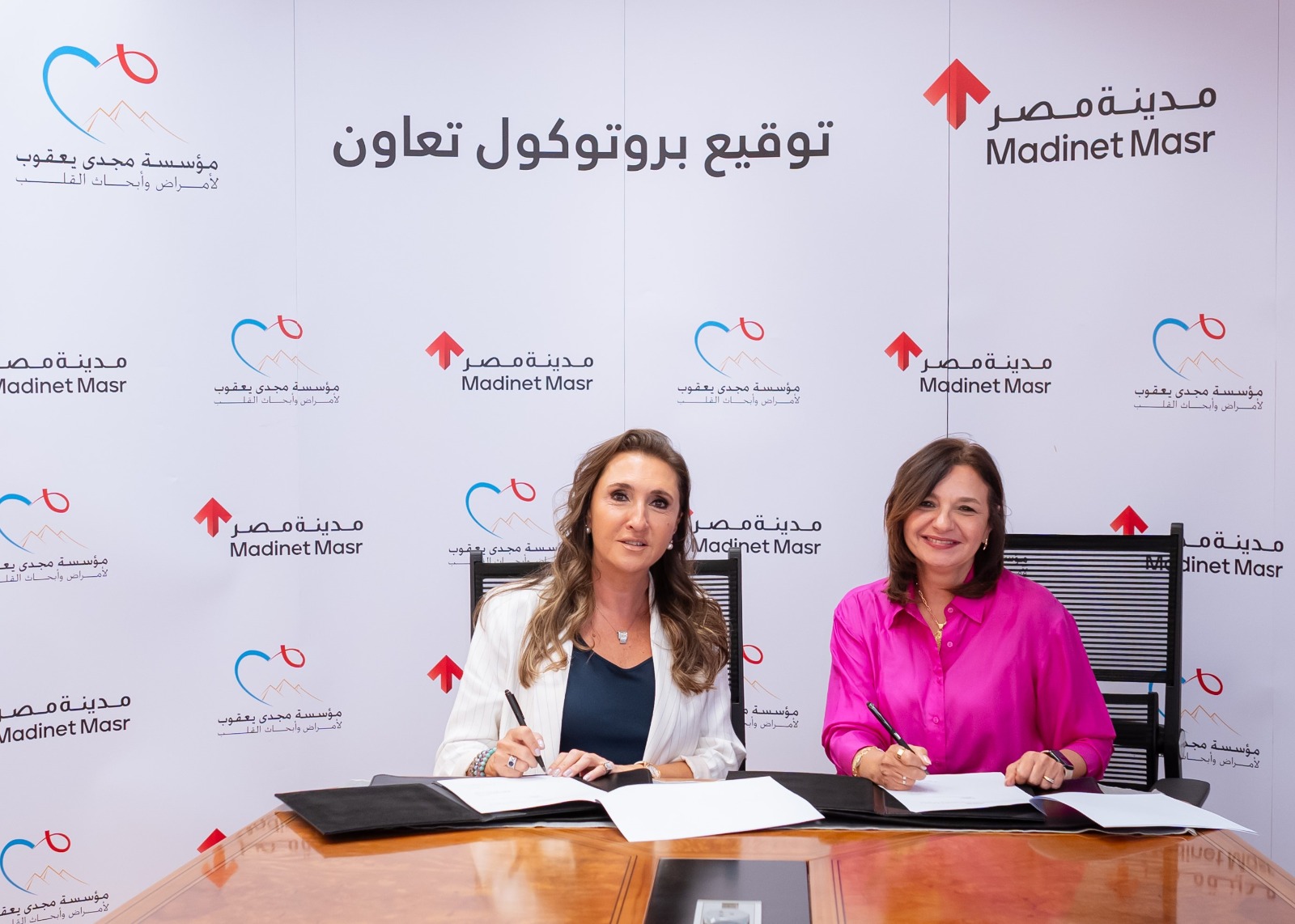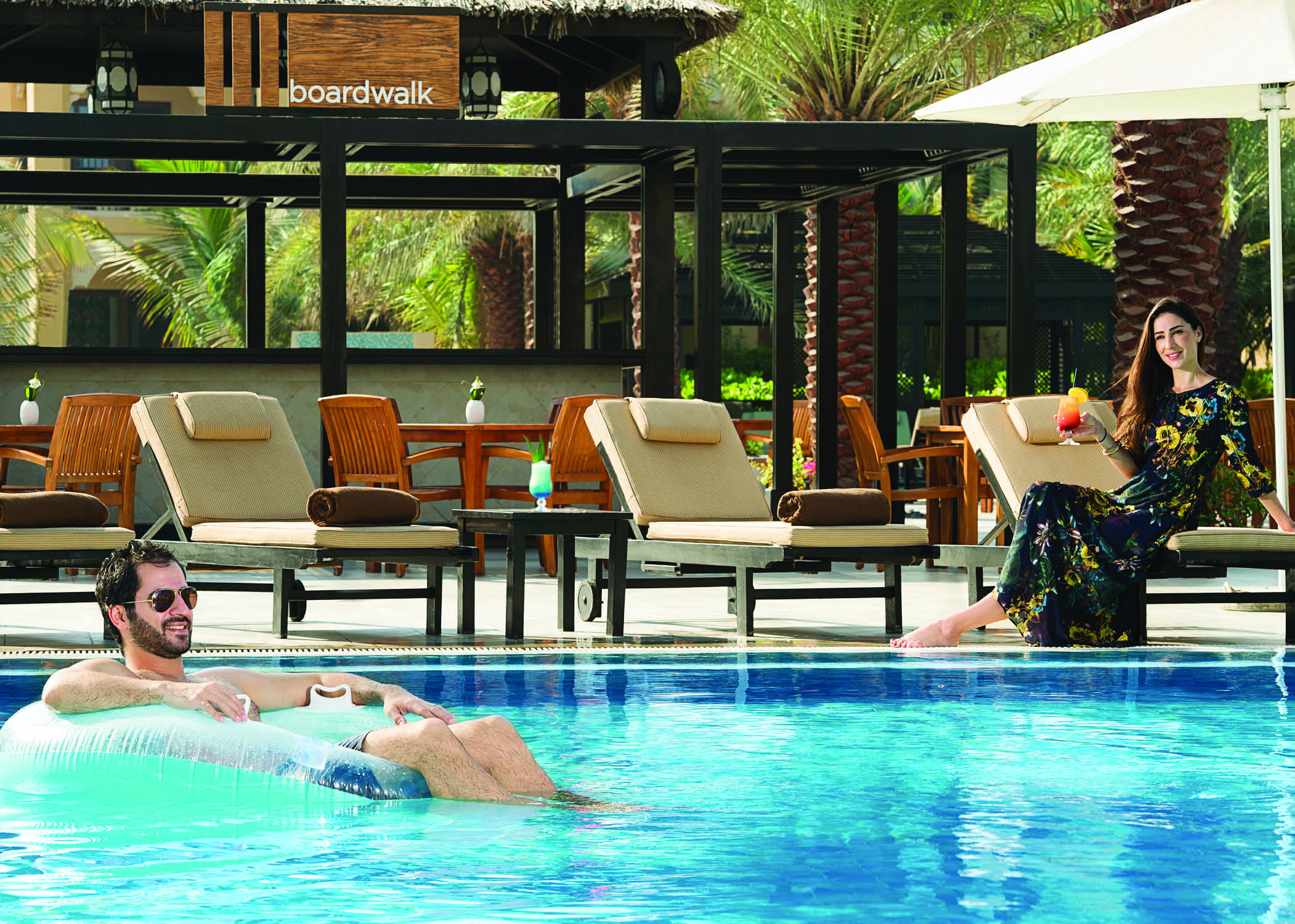AD Ports Group, the leading facilitator of global trade, logistics and industry (ADX: ADPORTS), today announced the signing of strategic Memoranda of Understandings (MoUs) with Gujarat Maritime Board, and RITES Limited, a certified multi-disciplinary transport and infrastructure company. These MoUs mark a significant leap in international collaboration aimed at enhancing global trade, infrastructure development, and economic diversification.
These MoUs cover a broad spectrum of collaborative ventures, ranging from infrastructure development, technology transfer, sustainable and green port development, to maritime education and tourism, thereby reinforcing AD Ports Group’s scale, strategic geographic footprint, and industry leadership.
MoU with Gujarat Maritime Board
This MoU covers collaboration across a broad spectrum of initiatives within the port and maritime sectors. Central to this MoU is the ambition to significantly advance infrastructure development through the construction of new ports and the expansion and modernisation of existing port facilities. It encapsulates a shared vision for technology transfer, sustainable and green port development, inclusive of renewable energy deployment, waste management, and emission reductions, aligning with global environmental stewardship standards.
Further, the MoU emphasises maritime education and training, highlighting the collaborative potential with the Gujarat Maritime University, including the prospective establishment of a Centre of Excellence within the university, the Gujarat International Maritime Arbitration Centre (GIMAC).
The MoU also explores avenues for direct and indirect investments by AD Ports Group, joint venture executions, and the development of a Port City in Gujarat.
MoU with RITES Limited
This MoU is aimed at exploring and leveraging mutual opportunities for port development, multimodal logistic parks, economic and free trade zones, rail connectivity projects, and related infrastructure services.
The cooperation will drive an innovative approach towards creating integrated logistics solutions through harnessing collective strengths in technology, sustainability, and strategic planning, with an emphasis on delivering projects that are not only economically viable but also environmentally sustainable and technologically advanced.
Following the announcement at the 18th G20 Heads of State and Government Summit for the planned India-Middle East-Europe Economic Corridor (IMEC), AD Ports Group and Rites Limited have also agreed to explore potential joint opportunities that would meet the objectives of the initiative.
This MoU aligns with the Group’s objective of positioning Abu Dhabi as a pivotal hub in the global trade network, underpinned by its integrated portfolio of logistics and maritime services that cater to the dynamic needs of the global market.
Captain Mohamed Juma Al Shamisi, Managing Director and Group CEO, AD Ports Group, said: “Our collaboration with these distinguished Indian entities is set to significantly advance the objectives of both of our great nations, building on the strong, successful and well-established relationship. With our wise leaders’ guidance, we aim to further our ambitious economic objectives that will profoundly impact global commerce, invigorating ancillary sectors.”
He added: “As a Group, we are committed to expanding our global footprint, creating value, driving economic diversification, and making a positive impact on the communities we serve. Through leveraging our collective expertise and resources, with a clear strategy for growth through integration and expansion, we can set new global benchmarks in operational excellence, digital innovation, and sustainable growth.”
India is the second largest trading partner of the UAE, whereas the UAE stands as the third largest trading partner for India, since 2019. India-UAE trade rose to USD 85 billion in 2022, with the aim of reaching the USD 100 billion mark by 2030. Moreover, since the entry into the Comprehensive Economic Partnership Agreement (CEPA) on 1 May 2022, bilateral trade between both nations rose by approximately 15%.















